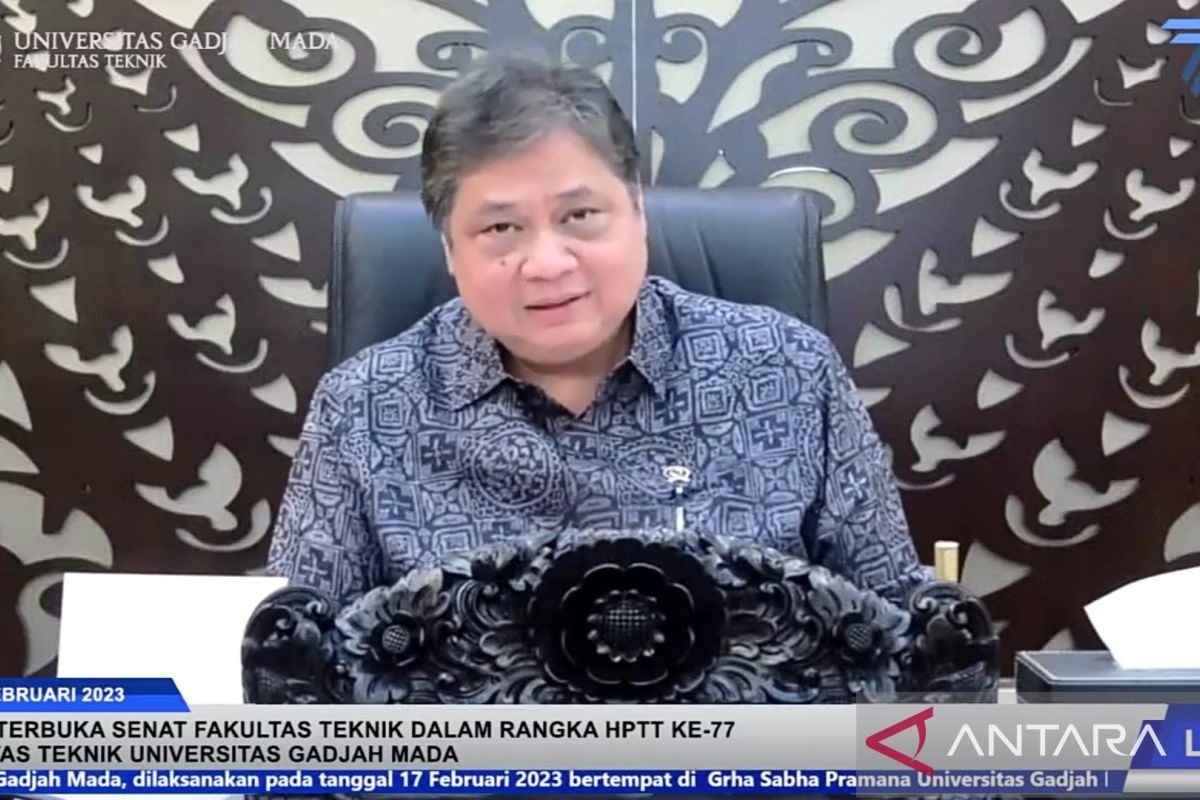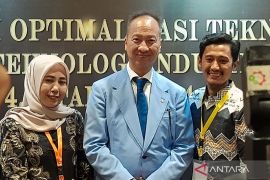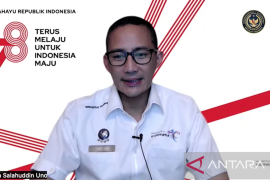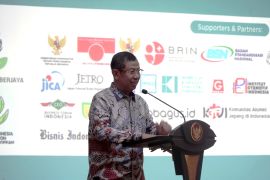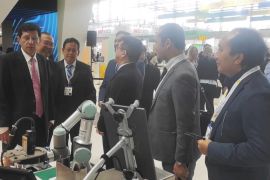"The initiative of making Indonesia 4.0 also creates more than 10 million additional job vacancies, and contribution of the manufacturing sector is pushed, from 19 percent to 25 percent in 2030," he stated.
The minister delivered the statement during a speech at the commemoration of the 77th Technical Education Day at Gadjah Mada University in Yogyakarta on Friday.
The national industry must prepare for the future that follows after Industry 4.0, which is Society 5.0, a concept in which people live in smart cities, and digitization is more prevalent.
"Indonesia establishes Nusantara Capital City as a smart city to prepare people to welcome Society 5.0," he pointed out.
Concurrently, they are pushing for the downstreaming of commodities derived from natural resources as well as cutting down imports, so as to reduce national dependency on them.
The dependency was apparent from the amount of raw materials, supporting items, and capital goods that were imported to the extent that it constituted 91.35 percent of the imports.
"This is a challenge for the technical faculty to expedite the structure of the machinery industry, particularly in the agro-industry sector," he added.
He also emphasized the importance of pursuing research and development in the oil, electronic, and chemicals sectors so as to reduce imports.
The government has already prepared some fiscal incentives, such as the super deduction tax, to further promote the adoption of Industry 4.0 and to reduce imports.
"Tertiary institutions and business players are expected to collaborate, so that technology and energy sovereignty can be achieved," Hartarto remarked.
He expects varsities to make the most of their surroundings or ecosystem to pursue a research with clear goals.
Related news: Indonesia's 2022 economic growth among highest in G20: minister
Related news: Confident of W Java's positive economic growth in 2023: BI
Translator: Sanya D S, Mecca Yumna
Editor: Rahmad Nasution
Copyright © ANTARA 2023
